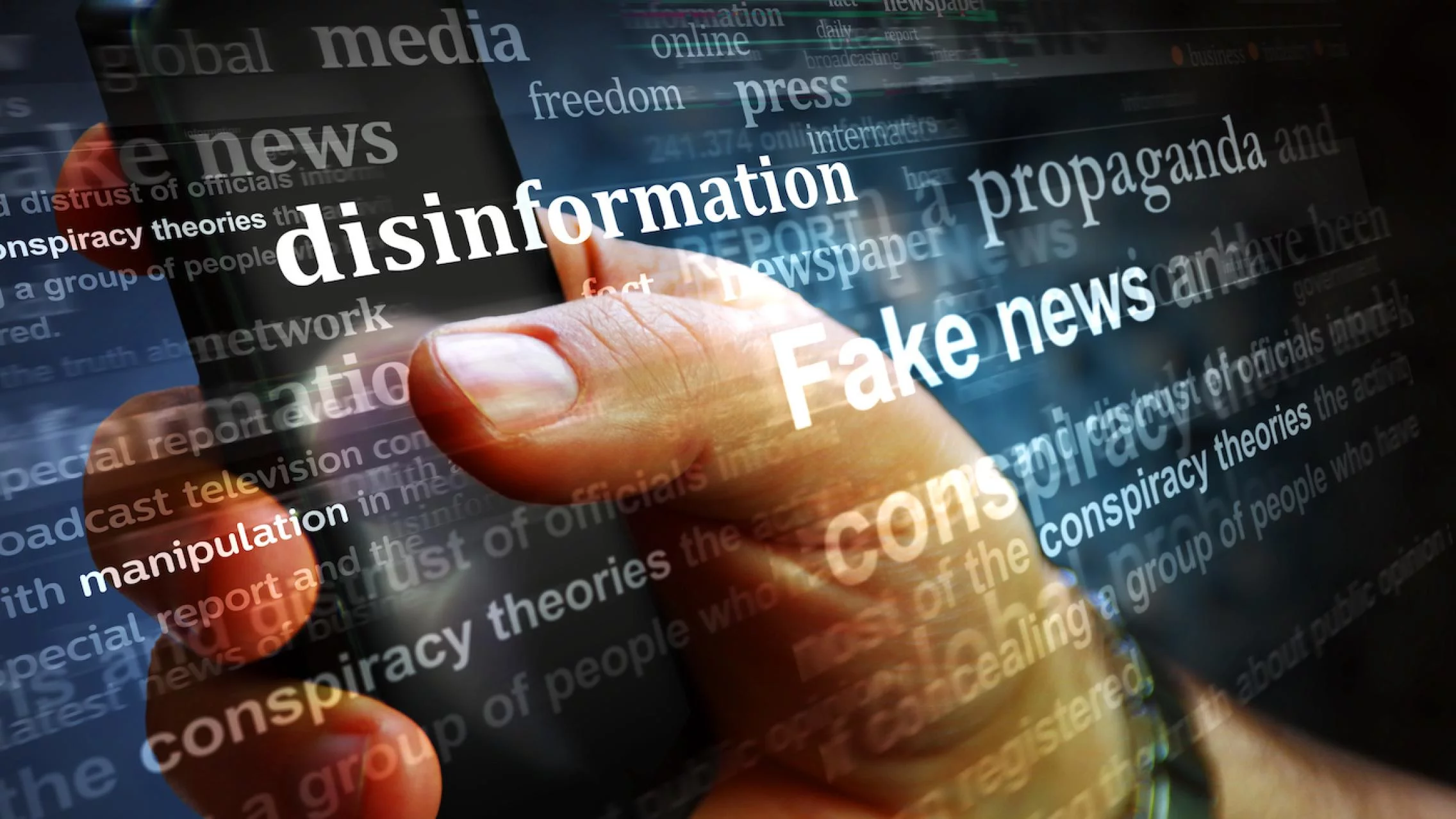When Misinformation Hurts: The Real-World Impact

COVID-19: A Case Study in Misinformation
During the pandemic, misinformation spread faster than the virus. People shared fake “cures,” claimed the virus was a hoax, or argued that vaccines were dangerous. And many believed it — often with tragic results.
Hospitals filled with patients who refused to take precautions because they’d been misled. Families lost loved ones. Healthcare workers were threatened. All because of lies.
Democracy on the Line
In 2020, false claims about voter fraud exploded online. Despite court rulings and audits showing the election was secure, millions of people believed it had been “stolen.”
The result? January 6th. Rioters stormed the U.S. Capitol, convinced they were defending democracy — but in reality, they were acting on a lie. That day, five people died, dozens were injured, and the world watched America’s democratic institutions shaken.
Targeting Communities
Misinformation often leads to targeted hate. During the pandemic, conspiracy theories about China and the virus sparked a rise in violence against Asian Americans. The idea that “they’re responsible” gave angry people a fake reason to lash out.
It doesn’t stop there. False stories about immigrants, religious minorities, or political groups have led to shootings, assaults, and harassment — fueled by online lies that paint “the other side” as dangerous.
It Tears Us Apart
Beyond physical harm, misinformation damages relationships. Families stop speaking. Communities lose trust in their leaders. People become isolated and paranoid. It's a slow erosion of the glue that holds society together.
What We Can Do
Call it out, kindly. When you see misinformation, speak up — but do it with empathy.
Report dangerous content. Most platforms have tools for flagging false or harmful posts.
Support trustworthy media. Independent journalism matters. Subscribe, donate, or just share real reporting.
- Art
- Business
- Causes
- Crafts
- Community
- Dance
- Drinks
- Εκπαίδευση
- Fashion
- Film
- Fitness
- Food
- Παιχνίδια
- Gardening
- Health
- Κεντρική Σελίδα
- LGBTQ+ News
- Literature
- Music
- News
- Nature
- Networking
- Oddities
- άλλο
- Party
- Politics
- Religion
- Science
- Shopping
- Sports
- Theater
- Wellness



